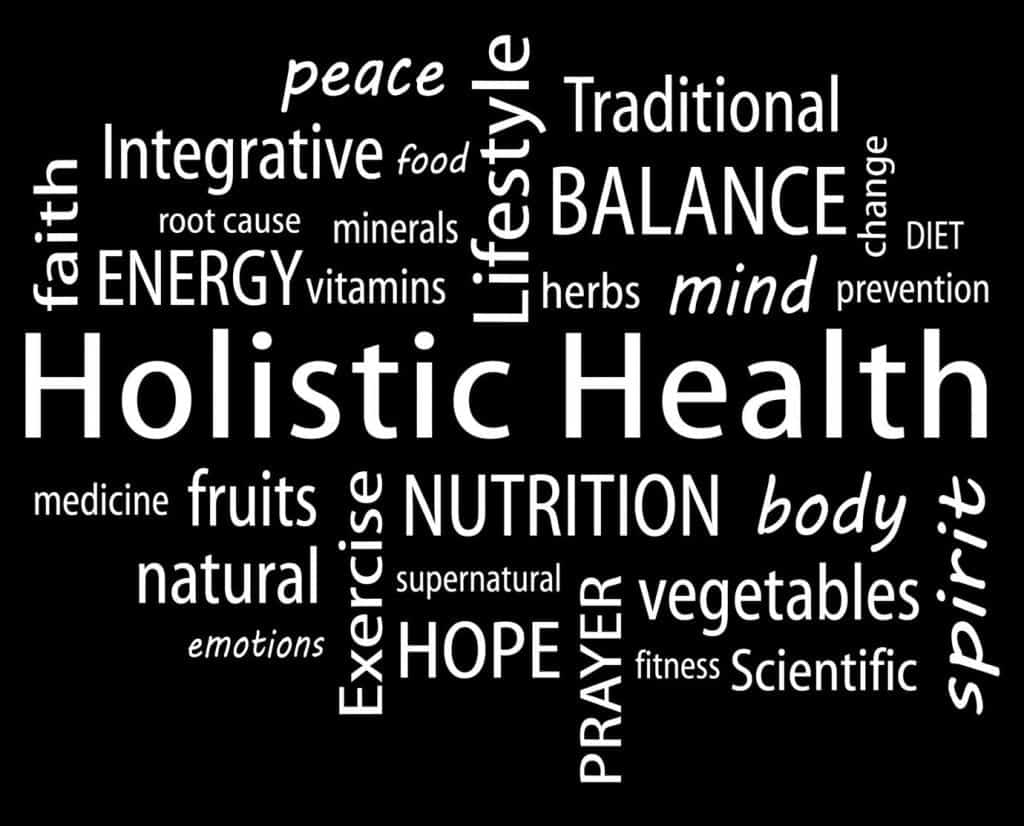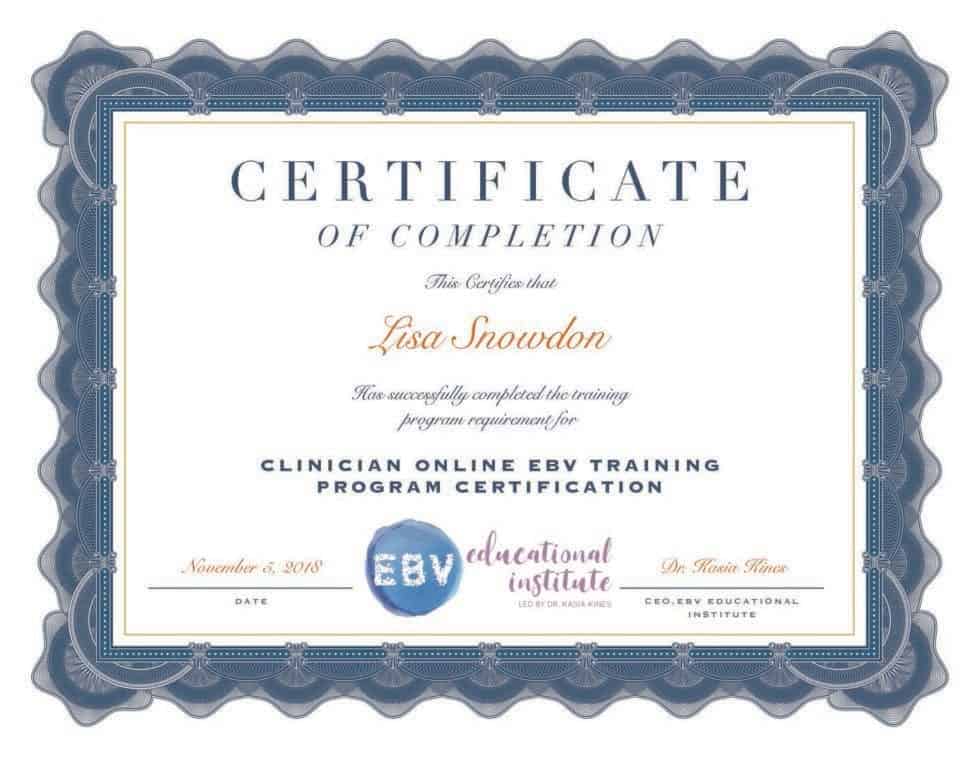Understanding and Managing Reactivated Epstein-Barr Virus and Chronic Fatigue Syndrome
The Epstein-Barr Virus (EBV), best known as the cause of infectious mononucleosis, is a widespread virus that remains dormant in many individuals. However, in certain cases, it can reactivate, leading to a range of health issues, including Chronic Fatigue Syndrome (CFS). This blog aims to delve into the complexities of reactivated EBV and its connection to CFS, offering insights into natural treatment options and lifestyle adjustments that can aid in managing these conditions. By understanding these illnesses and exploring holistic approaches, individuals may find effective ways to alleviate symptoms and improve their quality of life.
What is Epstein-Barr Virus?
EBV is a member of the herpes virus family and one of the most common viruses worldwide. It is typically transmitted through saliva and often contracted in early adulthood.
Initial symptoms may include fever, sore throat, and swollen lymph nodes, resembling a case of the flu. Once the acute phase passes, the virus remains dormant in the body. However, certain factors can trigger its reactivation, leading to various health issues.
Reactivation of EBV: Triggers, Risk Factors & Tests
Reactivation of EBV can occur due to a weakened immune system, stress, hormonal changes, or other health conditions. It often goes unnoticed but can contribute to prolonged fatigue, joint pain, and other symptoms.
The Epstein-Barr Virus (EBV) is a significant player in various health conditions, notably infectious mononucleosis. Often referred to as "mono," this illness is characterised by symptoms like swollen lymph nodes, fever, and fatigue.
A key marker of initial EBV activity in the body is the presence of the viral capsid antigen (VCA). VCA IgM will mostly show only if this is your first acute EBV infection, so expect it to be negative with reactivation. VCA IgG will most likely be positive, and by itself, it cannot be considered as current activation or reactivation.
Early Antigen (EA IgG ) should be positive if you have a current reactivation. This test is challenging to come by in Australia sadly. Nuclear Antigen (NA IgG) by itself cannot be considered as current activation or reactivation.
Reactivation of EBV, which can occur under certain conditions such as immune system stress or other illnesses, brings a resurgence of symptoms similar to those experienced in the initial infection. Understanding the dynamics of EBV, including its reactivation and the role of the viral capsid antigen, is crucial in diagnosing and managing conditions associated with this virus.
Chronic Fatigue Syndrome: Definition and Symptoms
CFS is a complex disorder characterised by extreme fatigue that doesn't improve with rest and can be worsened by physical or mental activity. The cause of CFS is still not fully understood but is believed to involve various factors, including viral infections like EBV or long Covid.
Diagnosing CFS can be challenging, as its symptoms often mimic other conditions. It requires a careful evaluation of symptoms such as persistent fatigue, unrefreshing sleep, cognitive difficulties, and chronic pain.
Conventional Treatments for EBV and CFS
Current medical treatments for EBV primarily focus on alleviating symptoms, as there is no specific cure for the virus. Antiviral medications, pain relievers, and corticosteroids are sometimes used in severe cases.
Treatment for CFS is similarly symptomatic, aimed at managing the most disruptive symptoms. This may include a combination of pharmacologic treatments for pain, sleep disturbances, and other specific symptoms, along with psychological counselling to help cope with the condition.
Exploring the Links: EBV-Induced Oxidative Stress
The Epstein-Barr Virus (EBV) and its potential connection to oxidative stress and free radical damage is an area of ongoing research. Oxidative stress occurs when there's an imbalance between the production of free radicals and the body's ability to counteract their harmful effects with antioxidants. EBV, like many viral infections, may induce oxidative stress, leading to an increase in free radicals. These free radicals can cause cellular damage and have been implicated in various diseases and aging processes. The role of EBV in this context is particularly significant because of its widespread presence and ability to remain dormant in the body for long periods. Understanding this connection could be crucial for developing strategies to mitigate the impact of EBV-related oxidative stress.
Mitochondrial Dysfunction in Fatigue
Mitochondrial damage is closely linked to the experience of fatigue, a common symptom in various chronic conditions. Mitochondria are known as the powerhouses of cells, playing a crucial role in energy production. When they are damaged or functionally impaired, it can lead to a significant reduction in energy production at the cellular level. This decrease in cellular energy can manifest as physical and mental fatigue, as the body's cells are unable to perform optimally. Understanding the relationship between mitochondrial health and fatigue is key in addressing and managing chronic fatigue and related conditions.
Multifaceted Factors Contributing to EBV-Related Fatigue
Aside from oxidative stress and mitochondrial dysfunction, there are several other factors that contribute to fatigue in individuals with Epstein-Barr Virus (EBV). These include immune system dysregulation, where the body's immune response to the virus can lead to chronic inflammation and further drain energy resources. Hormonal imbalances, often a secondary effect of chronic illness, can also exacerbate fatigue. Additionally, the psychological impact of dealing with a chronic virus like EBV, including stress and anxiety, can further compound feelings of tiredness and exhaustion. Understanding these multifaceted contributors is essential for effectively managing EBV-related fatigue.
Natural Treatment Strategies
Dietary Changes
Foods to Avoid: Processed foods, alcohol, high-sugar items, and excessive caffeine can exacerbate symptoms of EBV and CFS. These foods can trigger inflammation and stress the immune system.
Avoiding gluten may be beneficial for some individuals managing Epstein-Barr Virus (EBV), particularly those with gluten sensitivity or celiac disease. Gluten, a protein found in wheat, barley, and rye, can cause inflammation and digestive issues in sensitive individuals. This added stress on the body might exacerbate the fatigue and other symptoms associated with EBV. Eliminating gluten from the diet could potentially reduce this inflammation, aiding in the overall management of EBV symptoms.
Other foods to consider avoiding depending on the individual are dairy, corn and eggs.
Beneficial Foods: A diet rich in fruits, vegetables, lean proteins, and some whole grains can support immune function and overall health. Foods high in antioxidants, like berries, and those with anti-inflammatory properties, such as green leafy vegetables and green tea, are particularly beneficial.
Incorporating certain herbs and spices into cooking can offer potential benefits for Epstein-Barr Virus (EBV) treatment. Herbs like turmeric, known for its anti-inflammatory properties, and ginger, which can boost immune function, may be particularly helpful. Garlic, with its antiviral qualities, can also support the body's defence against EBV. Additionally, herbs like echinacea and astragalus might strengthen the immune system.
Importance of Hydration: Adequate hydration is crucial for detoxification and maintaining energy levels. Drinking plenty of water and herbal teas can help support bodily functions and ease symptoms.
Supplements and Herbs
Vitamins and Minerals: Supplements such as Vitamin B12, Vitamin D, zinc, lysine and selenium can be beneficial. They play a role in supporting the immune system and mitigating fatigue.
Herbal Remedies: Herbs like echinacea, astragalus, and liquorice root may boost immune function and help manage EBV and CFS symptoms. However, it's important to consult with a healthcare professional before starting any herbal regimen. Be aware of potential interactions between supplements, herbs, and conventional medications.
Herbal Teas: The consumption of certain herbal teas can be beneficial for managing Epstein-Barr Virus (EBV). For instance, ginger tea, which can be made by grating fresh ginger into hot water with a micro-plane grater as I learned from Dr. Kasia Kines, is known for its anti-inflammatory and immune-boosting properties.
Green tea, rich in antioxidants, can support overall immune health.
Peppermint tea may soothe digestive issues, which can be a concern for EBV sufferers. Echinacea tea is often used to bolster the immune system.
Liquorice tea (not to be used if you have hypertension) is healing to the stomach and gives adrenal support.
Lifestyle Modifications
Rest and Sleep: Adequate rest is essential in managing CFS. Establishing a regular sleep routine and creating a comfortable sleep environment can improve sleep quality.
Stress Reduction Techniques: Practices such as yoga, meditation, and mindfulness can reduce stress, which is crucial in managing EBV and CFS. Stress can trigger or worsen symptoms, making relaxation techniques valuable.
Exercise: Gentle exercises like walking, swimming, or tai chi can be beneficial. It's important to balance activity with rest, as overexertion can exacerbate symptoms.
Is There a Link Between EBV and SIBO?
Exploring the potential connection between Epstein-Barr Virus (EBV) and Small Intestinal Bacterial Overgrowth (SIBO) is I hope something that will be taken up by medical research. It’s a link I’ve seen with many of my EBV clients. SIBO occurs when there is an abnormal increase in the number of bacteria in the small intestine, often leading to digestive problems. The hypothesis is that EBV, known for its impact on the immune system, might contribute to a weakened intestinal barrier or altered immune responses in the gut, potentially paving the way for SIBO. While definitive evidence linking EBV directly to SIBO is still to be explored, understanding the interplay between viral infections, immune function, the vagus nerve and gut health remains a crucial area for further research.
Combining Conventional and Natural Approaches
The integration of conventional and natural treatments can offer a comprehensive approach to managing EBV and CFS. Holistic medicine focuses on treating the whole person, not just the symptoms, considering physical, mental, and emotional health. Working with healthcare professionals who understand both conventional and alternative medicine can help in developing a personalised treatment plan.
Recap of Key Points
This blog post has explored the nature of reactivated Epstein-Barr Virus and Chronic Fatigue Syndrome, highlighting the challenges in diagnosis and treatment. It has discussed various natural strategies, including dietary changes, supplements, lifestyle modifications, and the integration of holistic medicine, as potential ways to manage these conditions.
Encouragement for Those Struggling
For those affected by EBV and CFS, it's important to remember that while these conditions can be challenging, there are various avenues for support and management. Exploring different treatment options, both conventional and natural, can lead to improvements in symptoms and quality of life. If you're looking for support with your EBV book a free strategy session and I'll go through your situations and how I can help.


